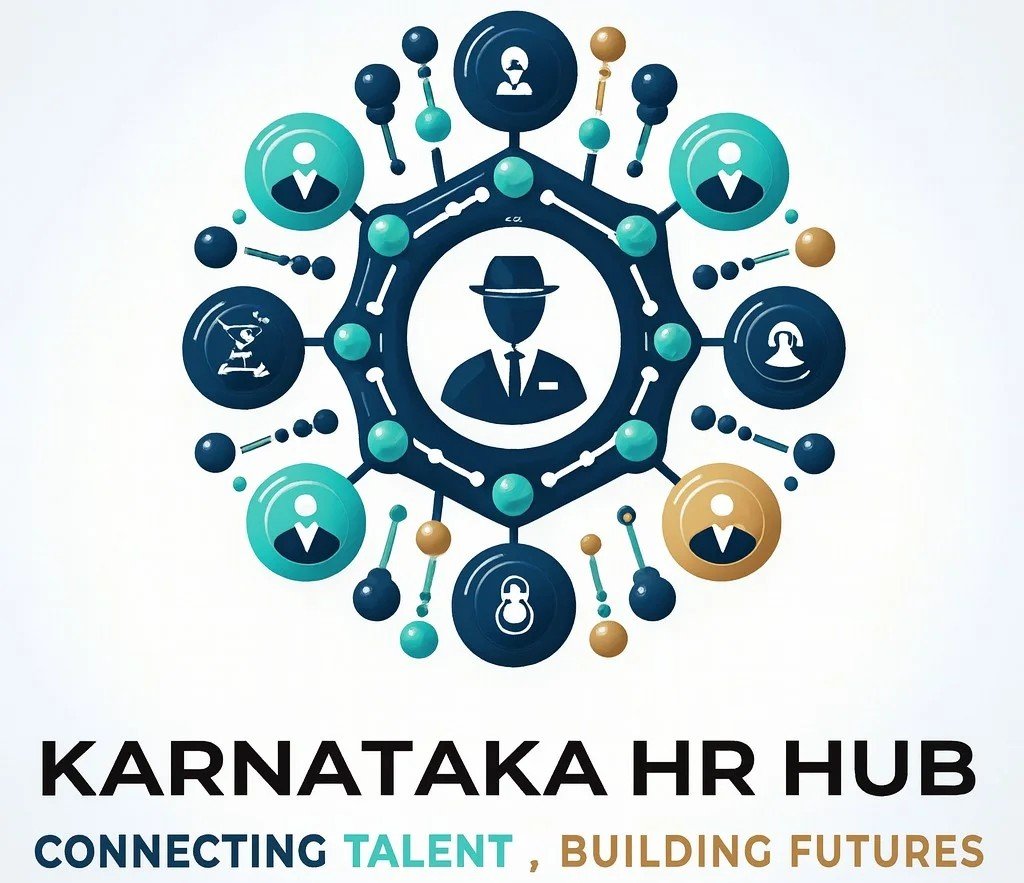Blinkit Workers’ Protest 2025: Varanasi Delivery Agents Demand Fair Pay and Safer Conditions in India’s Gig Economy.
In April 2025, over 150 Varanasi delivery agents staged a two-day strike against Blinkit, demanding fair wages, cotton uniforms, and better working conditions for gig workers. The Blinkit workers’ protest 2025 exposed deep flaws in India’s gig economy, from declining pay to weak legal protections. As an HR professional, I’m diving into the human side of this Blinkit strike news, why it matters for delivery worker rights, and how we can build a fairer future for gig workers.
As someone who’s spent years in HR advocating for employee well-being, the Varanasi delivery agents’ news hit close to home. These delivery workers aren’t just numbers—they’re people navigating scorching heat and shrinking paychecks to keep India’s quick-commerce humming. The Blinkit workers’ protest 2025 is a powerful call for change in the gig economy in India, and it’s time we listen. Below, I break down the strike, compare it to the broader gig work culture, and share HR-driven solutions, grounded in recent updates and a human perspective.
Blinkit Workers’ Protest 2025: Core Demands of Delivery Agents.
A Fight for Fair Pay!
Imagine riding a bike through Varanasi’s bustling streets, delivering packages under a blazing sun, only to earn less than before. That’s what drove the Blinkit workers’ protest 2025. Varanasi delivery agents told Deccan Herald their incentives have plummeted: “We used to get ₹130 for 15 orders; now it’s ₹205 for 30,” said Santosh Jaiswal, a worker whose frustration I feel deeply. In HR, we know fair pay is the foundation of trust. When earnings don’t match effort, workers lose faith—and they’re right to protest.
This issue ripples across the gig economy in India. Platforms like Zomato and Swiggy have faced similar outcries for cutting incentives as worker numbers grow (Economic Times, 2024). More delivery workers mean tighter competition, and companies tweak pay to save costs. But as an HR professional, I see this as a risky move that fuels turnover and unrest. The Blinkit strike news is a warning: fair pay isn’t optional.
Unsafe Working Conditions for Delivery Workers in India’s Gig Economy.
Beyond pay, the Varanasi delivery agents’ news shines a light on brutal work conditions. These workers face 40°C heat, often without water or shade, and are forced into shifts from 12 PM to 4 PM—peak heat hours. Their demands are simple but vital:
Breathable cotton uniforms to ease the heat.
Access to drinking water and shaded rest areas.
No mandatory midday shifts.
As an HR advocate, I’m appalled these basics aren’t provided. No one should risk their health for a paycheck. Yet, this is common in the gig economy in India. A 2024 Economic Times report noted heat-related illnesses among delivery workers, highlighting the need for better working conditions for gig workers. FEATURED
Blinkit’s Retaliation: Blocking Delivery IDs and Worker Rights.
A Heavy-Handed Response.
The Blinkit strike news took a darker turn with the company’s reaction. Deccan Herald reported Blinkit suspended 150 Varanasi delivery agents, blocking their delivery IDs and reinstating them only after they signed new agreements. Nirmal Gorana, from the Gig and Platform Services Workers Union, called it “retaliation,” and I couldn’t agree more. In HR, we resolve conflicts through dialogue, not punishment. Blinkit’s move feels like a betrayal of delivery worker rights, exploiting the shaky status of gig workers.
This tactic isn’t new in the gig economy in India. By labeling workers as contractors, platforms dodge accountability, a pattern HR professionals find unethical. The Blinkit workers’ protest 2025 exposes how easily delivery workers can be silenced, making their courage all the more inspiring.
Unions Rising for Delivery Worker Rights.
Hope lies in union advocacy. The Gig and Platform Services Workers Union is amplifying the Varanasi delivery agents’ news, and similar movements are growing. For example, Swiggy workers in Mumbai formed a union in 2024 to push for better pay (The Hindu). In HR, we view unions as partners in fairness, not threats. The Blinkit workers’ protest 2025 shows delivery workers are organizing, and platforms must engage to prevent further Blinkit strike news.
Legal Gaps Undermining Delivery Worker Rights.
A System That Leaves Workers Vulnerable!
The toughest part of the Blinkit workers’ protest 2025 is the legal reality. Delivery workers aren’t “workmen” under Indian labor laws, so they lack protections like the right to strike, as legal experts told Deccan Herald. This loophole let Blinkit suspend workers without consequence, a fact that frustrates me as an HR professional. Gig workers deserve a safety net, especially as they power the gig economy in India.
Globally, there’s progress—Uber’s UK drivers gained employee status in 2021 (BBC)—but India’s behind. The Code on Social Security 2020, partially rolled out in 2024 (Mint), offers social security for gig workers, but it’s barely enforced. The Varanasi delivery agents’ news screams for legal reform to protect delivery worker rights.
A Glimmer of Change.
There’s hope on the horizon. Karnataka’s 2024 draft bill could classify delivery workers as employees in some cases, granting wages and benefits (The Indian Express). As an HR professional, I see this as a game-changer for working conditions for gig workers, but we need swift action to make it real.
The Gig Economy in India: Booming but Flawed
A Growing but Unequal System.
The gig economy in India is massive—7 million workers now, potentially 23 million by 2030 (Business Standard). It’s transforming urban life, but the Blinkit workers’ protest 2025 shows its dark side. Protests in Delhi and Bengaluru echo the Varanasi delivery agents’ news, with delivery workers demanding fair pay and respect. Unlike traditional workplaces with HR support, gig platforms often put profits first, leading to burnout and strikes.
In HR, we create systems—training, wellness, fair pay—to uplift workers. The gig economy lacks these, leaving delivery workers like those in Varanasi to fight alone. It’s a stark contrast to what ethical HR stands for.
Tech and Consumer Shifts.
Technology, like AI logistics, may cut gig jobs, intensifying wage pressure (Moneycontrol, 2024). Meanwhile, consumers are demanding ethical practices, pushing for better delivery worker rights. As an HR professional, I believe aligning with these values can improve working conditions for gig workers, but platforms must act.
HR Solutions for a Fair Gig Economy in India.
Pay That Honors Work.
Fair pay is the starting point. Blinkit should adopt transparent, living-wage incentives, like Swiggy’s 2024 minimum pay guarantees (Moneycontrol). This keeps Varanasi delivery agents motivated and reduces Blinkit strike news.
Safe Working Conditions for Gig Workers.
Provide cotton uniforms, water, and shade—HR basics that protect health. Flexible scheduling, as demanded in the Blinkit workers’ protest 2025, is essential for delivery worker rights.
Grievance Systems, Not Retaliation.
Blinkit needs HR-style grievance channels, like a worker council, to resolve disputes fairly. This builds trust and prevents future Varanasi delivery agents’ news about suspensions.
Advocate for Legal Protections.
HR leaders must push for laws like Karnataka’s draft bill, ensuring delivery workers get employee rights. Stronger enforcement of the Code on Social Security can transform the gig economy in India.
Conclusion: A Human Plea for Change.
The Blinkit workers’ protest 2025 isn’t just Varanasi delivery agents’ news—it’s a human cry for fairness in the gig economy in India. As an HR professional, I’m moved by these delivery workers standing up for their delivery worker rights. But we need more than protests. Platforms, policymakers, and consumers must unite for fair pay, safe working conditions for gig workers, and robust legal protections. The Blinkit strike news is our chance to make the gig economy a place of dignity, not struggle. Let’s seize it.
Sources: Deccan Herald, Economic Times, Business Standard, Mint, BBC, The Hindu, Moneycontrol, The Indian Express.







Mahadev nayak
District vijayapura
12th competed
Job
Mobile 9353028600